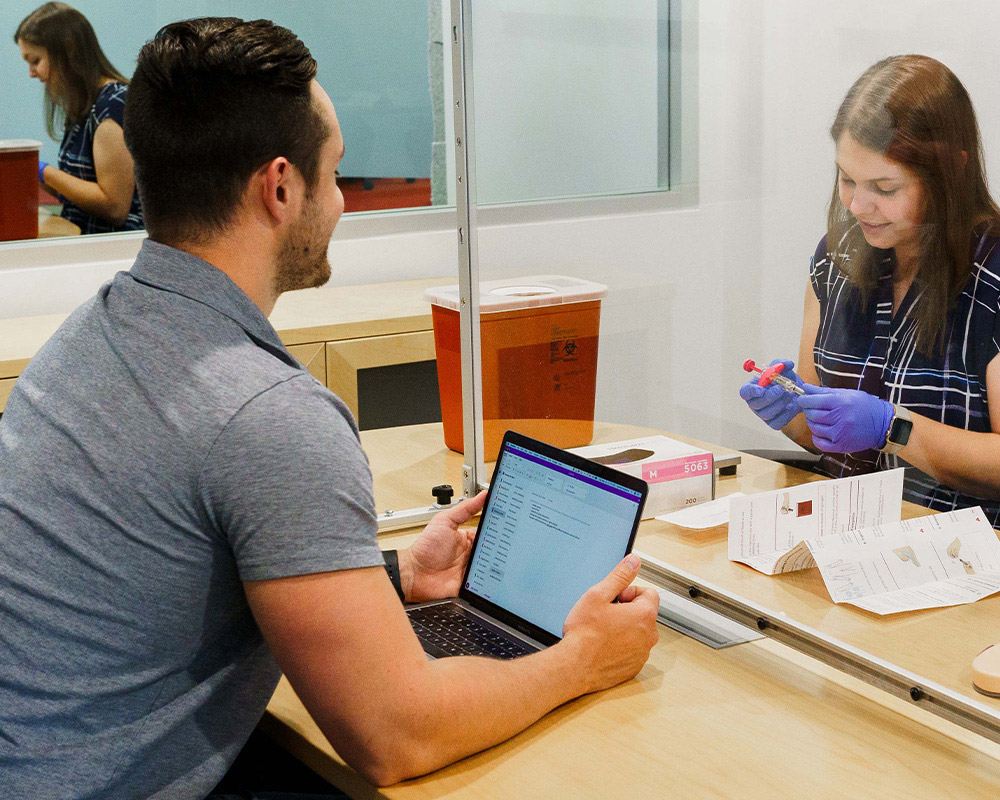
Now a part of the Veranex family
WORELL
Worrell’s 46 years of design expertise strengthens Veranex’ offerings as the leading global provider in the medical device and biotech space.


WHY WORRELL
Worrell provided one-of-a-kind service for defining & designing intentional, impactful product experiences. The global design firm leveraged decades of product innovation and development experience to build some of the world’s most advanced medical technologies. Their formula to discover unmet needs and drive safe, effective solutions set it apart from the rest. With a multi-disciplinary team of researchers, designers, and human factors experts, Worrell creatively supported partners to bring next generation products and systems to life.
OUR STRATEGY
By enhancing our human-centered design capabilities with a focus on Phase 0 strategy, design conceptualization, and human factors services, the addition of Worrell further complements our ISO-certified Phase 1-4 engineering and pilot-scale manufacturing capabilities. Bringing legacy-Worrell experts into the fold allows us to deliver a more holistic offering of product development services.
Teammates from this acquisition now play an integral part on our Product Design and Engineering team, where they collaborate with other Veranex experts along the innovation workstream to make insightful design decisions that improve outcomes.
